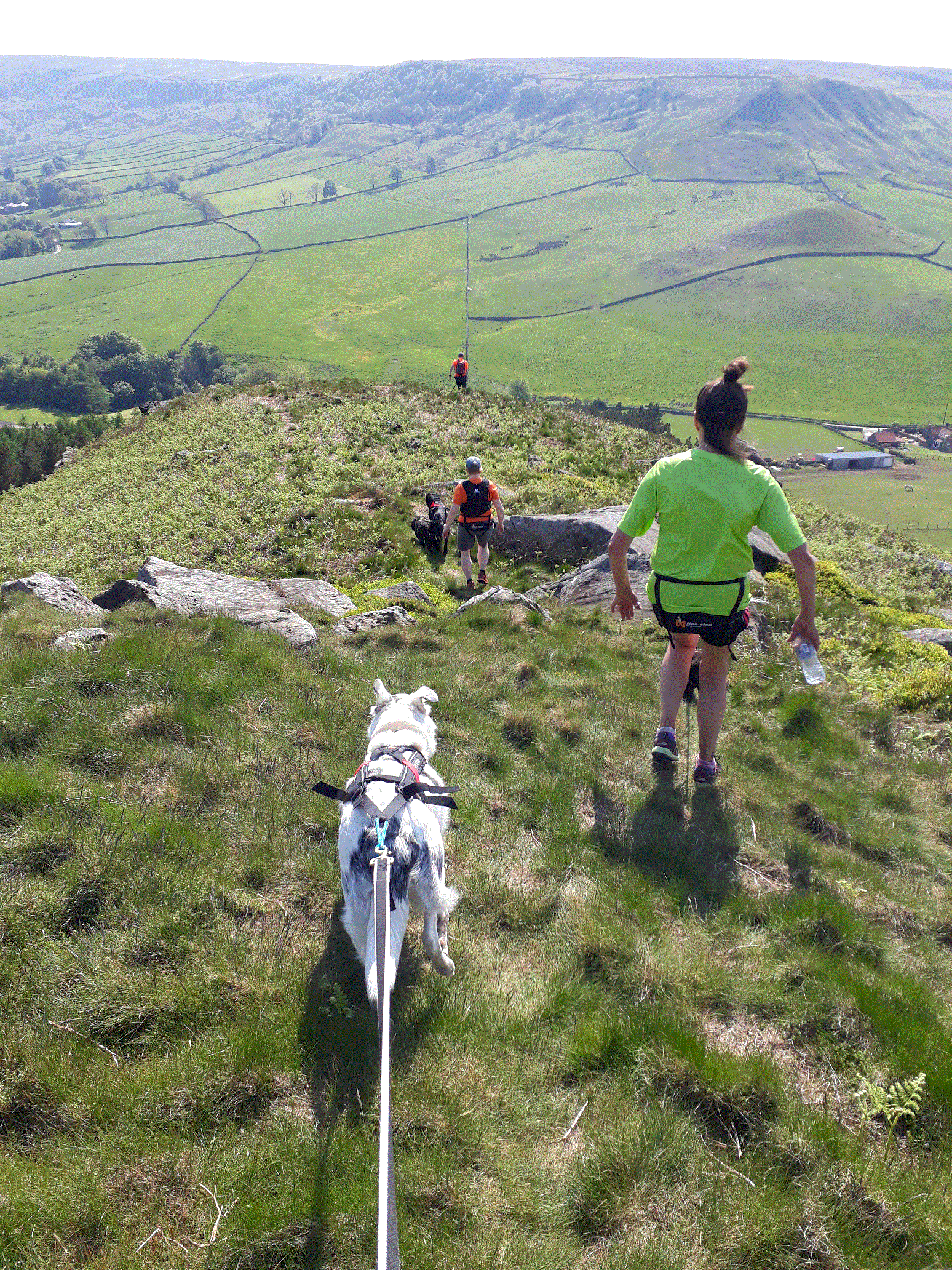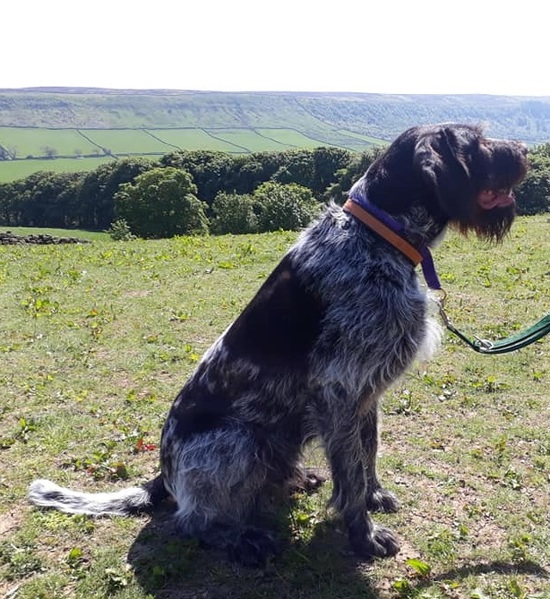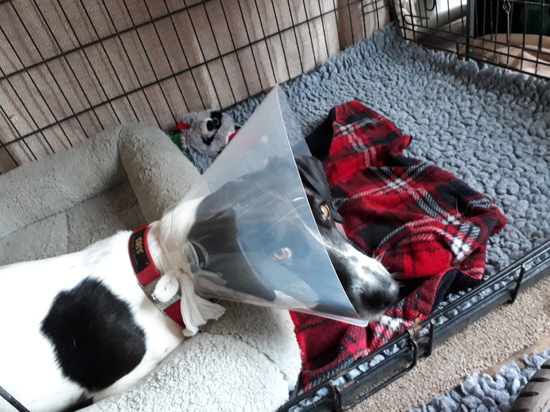Today’s blog is all about drugs!
I’m thinking about them because I noticed at the weekend how
well Freya was coping. Not just with having a new brother (the big yin), and
travelling in the van, but also with my neighbours building a fence with a nail
gun!
Just a few months ago Freya was really struggling with noise
fears, and we could only just peek out the front door at the van. And adding in
a new dog was out of the question.
I have used drugs to help her, but most of the change has
come about from Freya being super awesome and working through her training
plans with me. Once I’m happy she is showing stable progress, my vet will help
me to gradually reduce the dosage.
*please don’t email to ask what drugs we’re using or the dosage
– anything like that needs to be discussed with your behaviourist AND your vet*
In case you didn’t know, my original background and training
was jointly in Psychology, and Complementary/Alternative Medicine (specifically
bodywork and remedial massage therapy). I studied at Glasgow and Strathclyde
Universities, plus several private colleges in the UK and the USA.
So how did I go from being the passionate student who fiercely
believed in taking a “natural” approach to health, and fell in love with Lucy
Johnstone who wrote “Users & Abusers of Psychiatry” https://www.amazon.co.uk/Users-Abusers-Psychiatry-Critical-Psychiatric/dp/0415211565
, to being a Clinical Animal Behavourist who sometimes works with vets to use
psychoactive medication (drugs) with my clients.
- Because sometimes we (people and animals) need a bit more help or support before we can change our habits and behaviour.
- Because sometimes will power isn’t enough.
- Because sometimes the real world gets in the way of your careful training plans.
- Because sometimes daily living becomes unbearable.
I don’t think drugs
or medication are the answer to any or even most problems, especially not on their own.
I do think that
we need to really understand the situation, and offer the support that the
person or animal will most benefit from right at that moment. That might
include bodywork, change of routine, confidence building games, behavioural
therapy, herbal supplements or even medications.
Mental health is a hugely controversial area and I don’t
have the time or space to really get into the details here.
But we have to make choices for our animals that they can’t
make on their own. We ask them to live in a busy, challenging human world. And
we sometimes end up living with individuals who find those things really hard.
What supportive medication CAN do, is help a human or animal
to gain a degree of calm and space in their own brain. Then the talking
therapies, or cognitive behaviour therapy, or behaviour modification can really
start to take effect.
The middle of a panic attack is not the time to start a
training plan.
When your animal is showing significant signs of distress on
a daily basis, we need to reduce that first.
I have used these kinds of medications (both “natural” and “conventional”)
with myself, and some of my own animals. I have opted to make informed choices
that bring us all a better quality of life.
Saying we just don’t want to use drugs can be a bit like
saying I don’t want to put a plaster cast on my broken leg….
Yours in thoughtfulness
Morag, the partially
medicated collies and the Big Yin
PS Does your dog
get worried by sudden or loud noises?
If you missed our evening seminar on how you can assess and
start to improve these before the dreaded Bonfire Month of November, you can still
buy the recording to watch at home for only £10
Just book below and you’ll
automatically be sent the seminar details (don't worry about the time or date - you can watch it whenever you want!)
PPS For anyone who wants to read an emotional, ferocious blog
rebutting the original picture meme, go here: http://missbanshee.com/2016/06/04/this-is-an-antidepressant-a-rebuttal/
*WARNING there is some bad language and strong feeling here*











